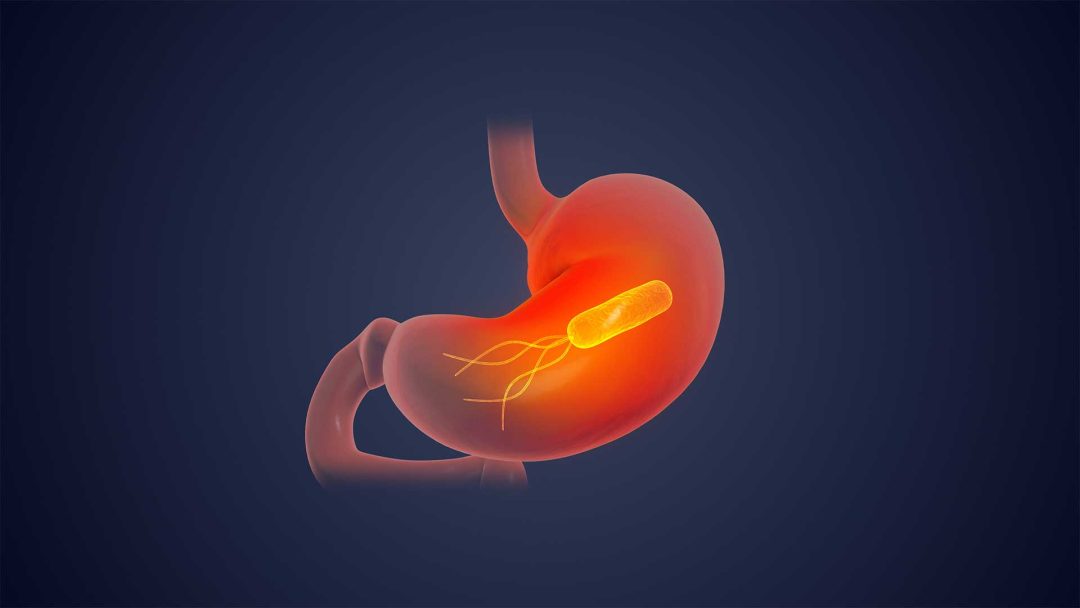Helicobacter Pylori

Helicobacter Pylori (H. Pylori) is a bacteria that can infect the mucous membrane layer of the stomach (gastric mucosa) and lead to inflammation (gastritis), called H. pylori gastritis. The symptoms include: Belching, stomach pain, nausea, flatulence, loss of appetite, bad breath and weight loss. Helicobacter pylori can cause long-term secondary diseases such as stomach ulcers and stomach cancer. To avoid a Helicobacter pylori infection, it is important to avoid unclean food and dirty water and to maintain a healthy immune system.
Traditional treatment includes antibiotics and the administration of proton pump inhibitors. Holistic approaches include strengthening the immune system, ozone therapy or sanum therapy.
Dr. med. Karsten Ostermann M.A.
Helicobacter pylori can cause long-term damage to the stomach lining. An integrative therapy in which individual factors are taken into account has proven successful.

Further information
The information listed contains relevant topics and serves to improve understanding.